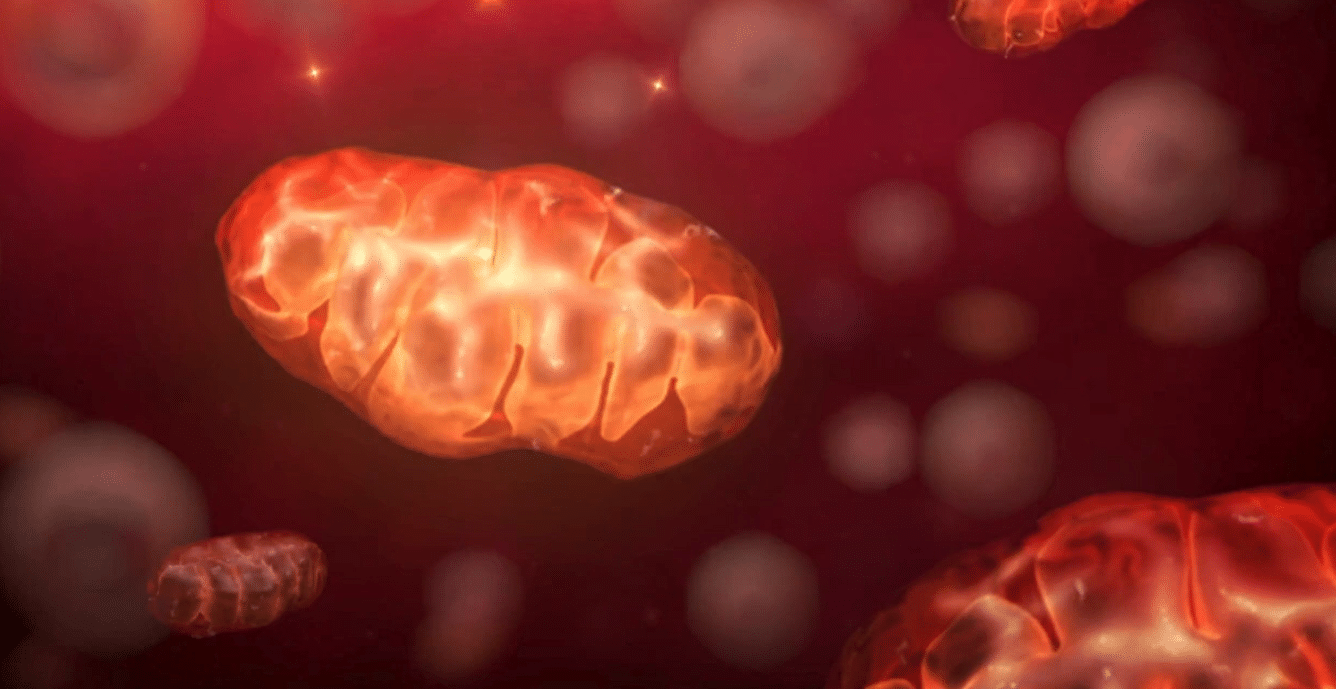A Red Nose funded placental study and its implications on stillbirth was presented at Red Nose’s inaugural Research and Education Series on Tuesday, 14 May 2024.
The results of the 10-year long research helps health professionals, midwives and parents, particularly mothers, understand the implications of an ageing placenta and its link to stillbirth.
Led by Distinguished Laureate Professor Roger Smith AM, from the University of Newcastle’s School of Medicine and Public Health, and his team of researchers from the Mothers and Babies Research Centre at the Hunter Medical Research Institute, the study reveals a variety of different techniques used to explore the ageing of the placenta and the roles enzymes play in the placental ageing process.
About the Ageing Placenta
“As the placenta travels through the pregnancy stages, it ages through the last weeks of pregnancy,” Professor Smith says.
“Our research team has identified a key enzyme, aldehyde oxidase, that creates the damage in the placental ageing that leads to the death of a baby.
“Another critical finding was the identification of drugs which block aldehyde oxidase that can stop the damage leading to the ageing of the placenta.
“We can potentially identify markers in the mother’s blood to help tell which pregnancies are at risk of placental ageing,” Professor Smith says.
Why this matters
Many mothers who have experienced stillbirth often blame themselves and are left with sadness and often, depression.
The Newcastle-based research, peer-reviewed and published in the American Journal of Obstetrics and Gynecology, reveals that in many cases the cause lies not in the mother, but in the placenta, which is an organ of the baby.
“The importance of this study highlighteds the need to progress stillbirth research in our pursuit to reduce the rate in Australia and beyond.
It is also wonderful to be able to reaffirm to mothers that stillbirth is not their fault. Knowing this can assist in navigating and reducing the grief and guilt so often felt by parents.
In 2021, there were 315,705 babies born to 311,360 mothers. There were 3,016 perinatal deaths (less than 1% of babies born). Of these deaths, just over 75% were stillbirths (2,278) and 25% (738) were neonatal deaths.”
The Research and Education series was be held online 6.30pm on Tuesday 14 May 2024.
You can watch it below
Did you find this helpful?
Good job! Please give your positive feedback
How could we improve this post? Please Help us.
